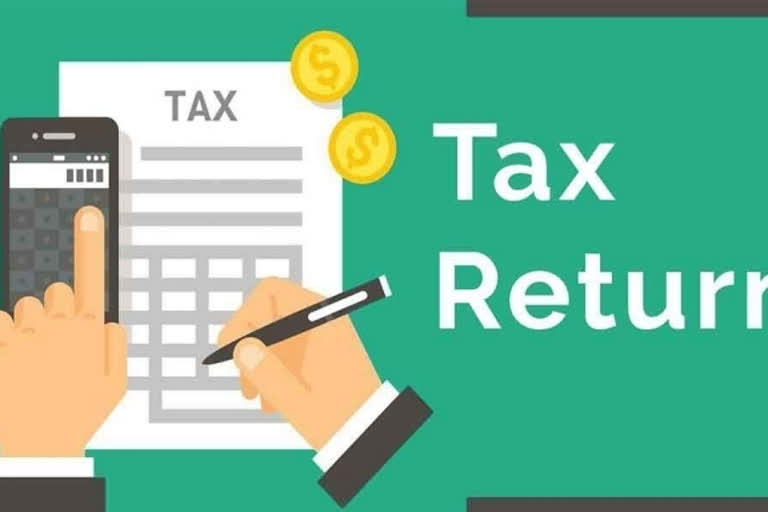Hyderabad:We are gearing up to welcome the new year in a few more days. At the same time, we are entering the last quarter of the current financial year. Now it is time to explore ways to reduce our income tax burden. Without rushing in the last minute let us make investment decisions as fast as possible.
Most taxpayers would be busy calculating their taxes and claims, which can be made during Income Tax Return (ITR) filing. While the government does take taxes from your income and income from other sources, it also gives the benefit to reduce those taxes by filing a few forms and claiming a certain sum on loans or investments.
Every salaried individual has to pay taxes on the salary they receive from their employer. Your employers are bound to deduct taxes on your salary amount. But, it is always advisable not to wait for last-minute tax planning, but in fact, opt for tax-saving schemes way ahead of time for more benefits. The best period of claiming maximum tax benefit is at the beginning of the financial year. This is because an early investment will help you earn more gains and also reduce your tax burden.
Tax Savings:The financial year ends on March 31, 2022. Don't be lethargic while taking decisions assuming that you have three more months, but days pass by very fast and if you don't invest on or before the deadline you may end up paying the income tax.
How much is the burden?
We should plan our investments according to our income. If we are not aware of our income we should seek help from the office for clarification as to what is our income will be for the entire financial year. In addition, how much is the total tax payable? How much we have paid? Find out how much is left. This will give us an idea of under what Sections we are eligible for tax exemption. Then let us prepare for investments.
Within the limits...
We have to see under which Section how much tax exemption can be obtained. There is a limit of up to Rs 1,50,000 under Section 80C and at the same time, we can avail of tax exemption showing EPF, PPF, Life Insurance policies, home loan, child tuition fees, fixed deposits, NSC, Kisan Vikas Patra and Sukanya Samridhi Yojana. Still, if you are unable to fill the gap, you can invest this amount in many ways. If this limit is not met .. it can be replaced. The exemption is available under Section 80D in respect of health insurance policies. An exemption of up to Rs 25,000 can be availed. The policy taken in the name of the parents is exempted up to another Rs 25,000. If they are senior citizens, the limit is up to Rs 50,000. In addition,
Rs 5,000 can be shown for medical examinations. The important thing to look out for is to reduce the tax burden by making use of all available exemptions.
Home and education loans
If we take an education loan for your children, we can get a full exemption under Section 80 of the interest paid on it. If you do not pay interest on the loans, try to pay by the end of the financial year. You get an exemption up to Rs 2,00,000 for interest paid on a home loan.
Long-term capital gain...
Suppose you make a profit of over Rs 1 lakh in a financial year by selling equity investments that last for more than a year. Then you have to pay 10 per cent tax on that extra amount. When you think you can make a profit of more than Rs 1 lakh in a financial year by selling those long-term shares and can buy them the very next day. This is likely to reduce the tax burden to some extent. Though it is complicated, it is better to take expert advice.
To achieve the goal.
The idea of investing just for tax savings is not right. We have to set our financial goals and plan our investments accordingly. Tax savings should be an added benefit. Finally, we should review our existing investments once and then think about new investments.
Also read:I-T dept relaxes time till Feb'2022 for taxpayers to complete verification of FY'20 ITRs
